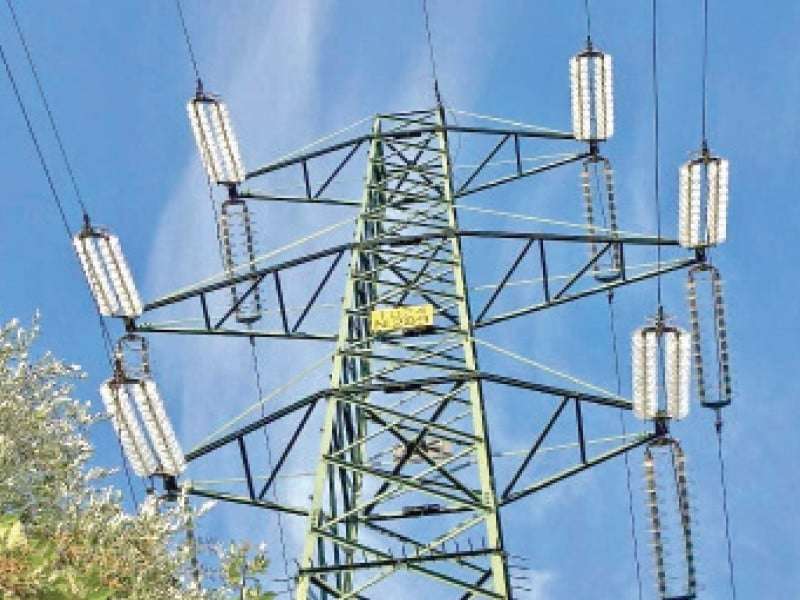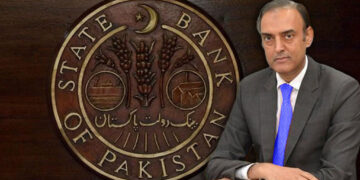Pakistan: The National Electric Power Regulatory Authority (NEPRA) has recently put forward a significant proposal aimed at restructuring the electricity tariff for domestic consumers in Pakistan. This proposal, set to take effect from July 1, introduces fixed charges that could potentially impact households across the country.
Overview of NEPRA’s Proposal
NEPRA’s proposal outlines a structure where fixed charges will be integrated into the existing electricity tariff system. These charges are intended to be part of an average base tariff of Rs5.72 per unit. Unlike the current system, where fixed charges were not applicable to domestic customers, the new framework aims to introduce fixed charges tailored to different consumption levels.
Detailed Breakdown of Fixed Charges
Tiered Structure Based on Consumption
- Up to 300 Units: No fixed charges proposed.
- 301 to 400 Units: Fixed charge of Rs200 per month.
- 401 to 500 Units: Fixed charge of Rs400 per month.
- 501 to 600 Units: Fixed charge of Rs600 per month.
- 601 to 700 Units: Fixed charge of Rs800 per month.
- Above 700 Units: Fixed charge of Rs1,000 per month.
This tiered structure indicates that as electricity consumption increases, so do the fixed charges. NEPRA’s rationale behind this structure is to ensure a fair distribution of costs among consumers based on their usage patterns.
Implications for Domestic Consumers
Potential Cost Impact
For many households, especially those with higher electricity consumption levels, the introduction of fixed charges represents a potential increase in their monthly electricity bills. The impact will vary depending on individual consumption habits and could lead to adjustments in household budgeting strategies.
Regulatory Approval Process
NEPRA’s proposal is currently under review by the federal government, which holds the authority to approve or modify the suggested changes. The final decision will determine when these fixed charges will officially come into effect and how they will be implemented across different regions of Pakistan.
Stakeholder Reactions and Public Response
Consumer Advocacy Groups
Various consumer advocacy groups have voiced concerns over the potential financial burden these fixed charges could impose on households already grappling with economic challenges. They argue for more transparent communication regarding the rationale behind the proposed changes and seek assurances that vulnerable consumer segments will be protected.
Industry Perspective
From an industry standpoint, stakeholders are evaluating the potential implications on consumer behavior and demand patterns. There is a keen interest in understanding how these fixed charges might influence energy conservation efforts and investment decisions in renewable energy sources.
Conclusion
NEPRA’s proposal to introduce fixed charges for domestic electricity consumers represents a significant shift in the regulatory landscape of Pakistan’s energy sector. While the intention is to create a more equitable distribution of costs, the practical implications for consumers and stakeholders remain pivotal points of discussion.
As the regulatory process unfolds, it will be crucial for consumers to stay informed about these developments and how they may impact their household expenses. Understanding the tiered structure of fixed charges and preparing for potential adjustments in electricity bills can empower consumers to make informed decisions about their energy usage.
















